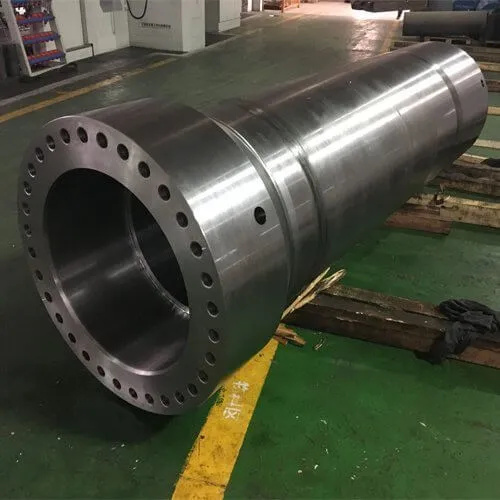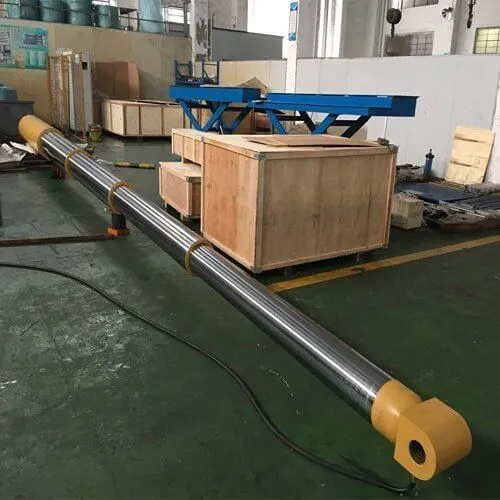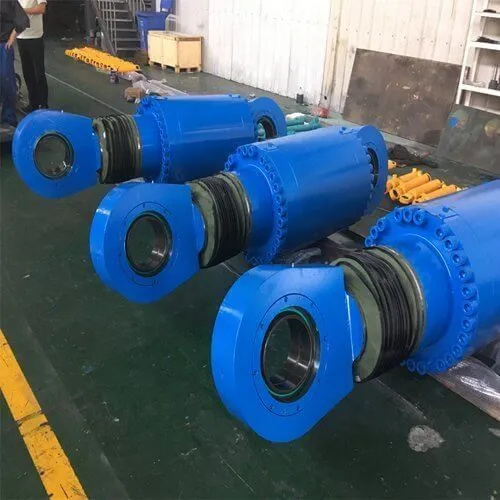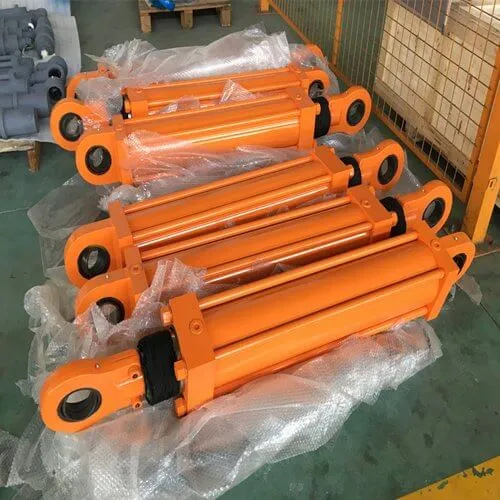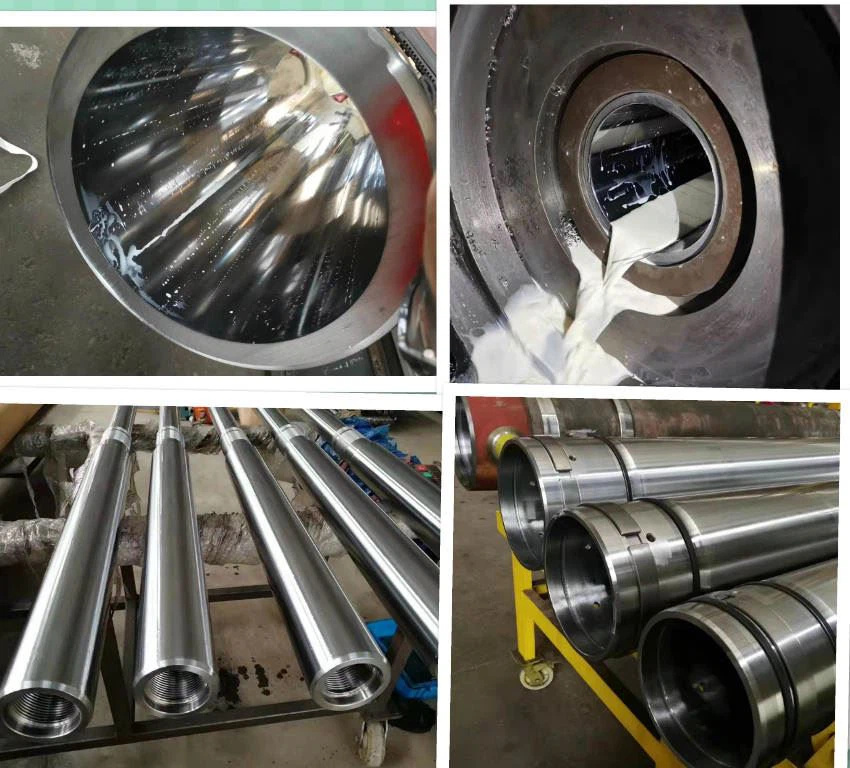Reliability Functional Heavy Duty Single Acting Hydraulic Cylinder For Container Transport
used in metallurgy , roll, ship, aerospace, transport and power equipment.
designed for metallurgy & heavy-dutymachinery
The hydraulic cylinders in this series are manufactured according to the standard JB/ZQ4181-1997. They are classified as heavy-duty hydraulic cylinders and are specifically designed for use in metallurgy and heavy-duty machinery applications.
These cylinders are known for their functional reliability, robustness, and resistance to impact and pollution. They are well-suited for operation in high-temperature, high-pressure, and rugged environments commonly found in metallurgical processes and heavy-duty machinery.
In modern times, these hydraulic cylinders have found widespread use in various industries. They are commonly employed in metallurgy applications, such as in rolling mills, where they play a critical role in providing precise and reliable force for the metalworking processes. Additionally, they are used in shipbuilding, aerospace, transportation, and power equipment industries, where their durability and performance under demanding conditions are highly valued.
The heavy-duty hydraulic cylinders in this series have proven to be essential components in ensuring the efficiency and reliability of machinery operating in challenging environments.
Advantages and Disadvantages of Pneumatic and Hydraulic Cylinders:
1.Pneumatic cylinders are suitable for low-power applications as pneumatic systems typically operate within the range of 0.2-1.0 MPa. On the other hand, hydraulic cylinders can be used in high-power devices that utilize hydraulic systems.
2.Pneumatic cylinders benefit from the availability of unlimited air as a medium, with no associated cost or supply difficulties. The exhaust gas is released directly into the atmosphere, making it convenient and pollution-free. In contrast, hydraulic systems require hydraulic oil, which incurs costs and can present challenges in terms of supply and environmental impact.
3.Air has a lower viscosity and offers less resistance compared to hydraulic oil.
4.However, compressed air has a significantly higher compressibility compared to hydraulic oil. Consequently, pneumatic cylinders exhibit smoother operation but may have a delayed response.
5.The hydraulic cylinder system plays a vital role in converting hydraulic energy into mechanical energy and can be integrated with various transmissions to accomplish a wide range of mechanical movements. Hydraulic cylinders are characterized by their simple structure, high output force, stable and reliable performance, ease of maintenance, and versatile applications.
